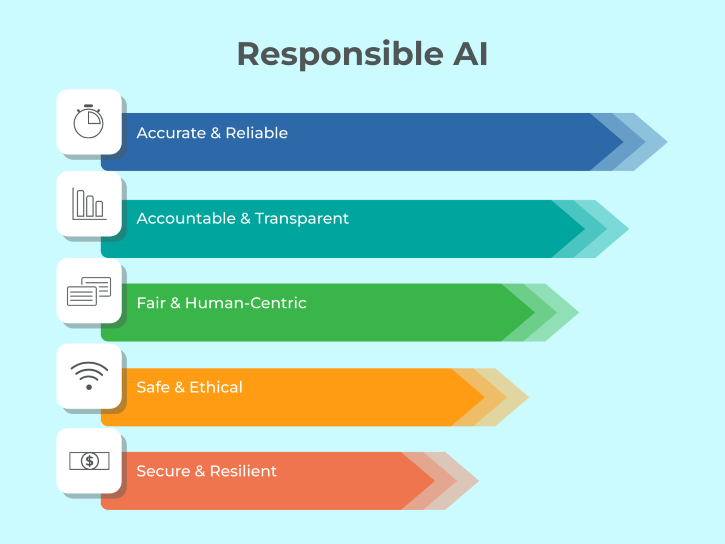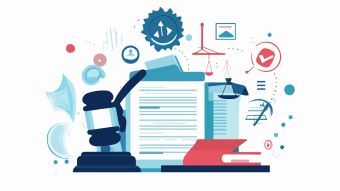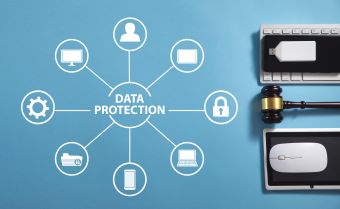Ace4 December 19, 2024
Legal AI Intelligence: Transform Your Legal Practice Today
How Responsible AI Drives Trust in Legal Tech

The legal industry operates on the pillars of trust, transparency, and fairness. As AI becomes an essential tool in legal workflows, the call for responsible and explainable AI grows louder. Responsible AI not only enhances the efficiency of legal tech but also safeguards the ethical standards that underpin the profession.
Why Responsible AI Matters in Legal Tech
AI's power to analyze vast amounts of legal data, automate contract reviews, and predict case outcomes brings immense value to the legal sector. However, without proper governance, AI risks perpetuating biases, producing opaque results, and eroding trust. Responsible AI addresses these challenges by embedding fairness, accountability, and transparency into every stage of AI development and deployment.
Key Pillars of Responsible AI in Legal Frameworks
Accurate & Reliable: Develop AI systems to achieve industry-leading levels of accuracy and reliability, ensuring outputs are trustworthy and dependable. In legal tech, this means AI tools must provide precise analyses and recommendations to support sound legal decisions.
Accountable & Transparent: Establish clear oversight by individuals over the full AI lifecycle, providing transparency into the development and use of AI systems and how decisions are made. Legal professionals should understand how AI conclusions are reached to maintain accountability in their practice.
Fair & Human-Centric: Design AI systems with human oversight and diverse perspectives, aligned with firm values to mitigate risks of unfair discrimination and harmful bias. This ensures that AI applications in legal tech uphold justice and equity.
Safe & Ethical: Prioritize the safety of human life, health, property, and the environment when designing, developing, and deploying AI systems, aligning with ESG principles. In legal contexts, this involves ensuring AI tools do not inadvertently cause harm through their recommendations or actions.
- Secure & Resilien: Mitigate potential cyber threats and vulnerabilities to ensure the robustness and resilience of AI systems. Protecting sensitive legal data from breaches and ensuring AI systems remain functional under various conditions is crucial.
Building Ethical AI for Legal Applications
Legal professionals need to understand how AI arrives at decisions—whether it’s flagging a clause in a contract or recommending litigation strategies. Responsible AI enhances explainability by:
-
Offering transparent insights into why certain legal clauses are flagged.
-
Allowing audits of both datasets and algorithms to verify outputs.
Ensuring Regulatory Compliance
Legal AI must comply with privacy and data protection regulations like GDPR. Responsible AI integrates:
-
Data anonymization and encryption at every stage of dataset preparation.
-
Secure handling of sensitive legal information, ensuring full compliance with industry regulations.
The Future of Responsible AI in Legal Tech
As AI adoption accelerates, responsible AI will continue to bridge the gap between innovation and accountability. By embedding fairness, transparency, and governance into AI-driven legal tools, law firms and legal departments can confidently embrace AI without compromising ethical standards.
Responsible AI doesn’t just enhance legal workflows—it strengthens the foundation of trust between technology and the legal professionals who rely on it.




